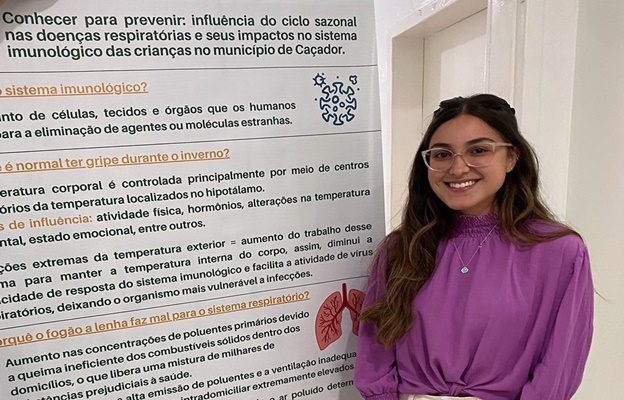How to Prevent Seasonal Respiratory Diseases
Seasonal respiratory diseases are common at certain times of the year, such as autumn and winter. These diseases, such as colds and flu, can be easily transmitted from person to person and cause discomfort and health complications. However, there are measures that can be taken to prevent these diseases and stay healthy during these seasons.
Maintain Good Personal Hygiene
Proper personal hygiene is essential for preventing respiratory diseases. Wash your hands regularly with soap and water for at least 20 seconds. Avoid touching your face, especially the nose, mouth, and eyes, as these areas are entry points for viruses and bacteria. Cover your mouth and nose when coughing or sneezing, preferably with a disposable tissue or with your forearm, to prevent the spread of germs.
Avoid Close Contact with Sick People
Avoid close contact with people who are sick, especially if they are coughing or sneezing. Respiratory diseases are mainly transmitted by droplets of saliva that are released into the air when an infected person coughs, sneezes, or talks. Keep a safe distance of at least one meter from sick people to reduce the risk of contamination.
Strengthen the Immune System
A strong immune system is essential for preventing seasonal respiratory diseases. Maintain a balanced diet, rich in fruits, vegetables, and foods containing vitamin C, such as oranges and kiwis. Exercise regularly, get enough sleep, and avoid excessive stress. These measures help strengthen the immune system and make the body more resistant to respiratory infections.
Get Vaccinated
Vaccination is one of the best ways to prevent seasonal respiratory diseases, such as the flu. Consult a doctor or health center to check the availability of the vaccine and get information on specific recommendations for each age group. Vaccination not only protects you but also helps reduce the spread of diseases in the community.
Keep Environments Clean and Ventilated
Closed and poorly ventilated environments can facilitate the spread of respiratory diseases. Make sure to keep your home, workplace, and other frequented spaces clean and well-ventilated. Open windows regularly to allow fresh air circulation. Clean surfaces with suitable disinfectants to eliminate germs and bacteria.
Avoid Crowds
Crowds of people increase the risk of contamination by respiratory diseases. Avoid crowded places, especially if there are sick people present. If possible, opt for outdoor activities where the risk of transmission is lower. If you need to frequent crowded places, wear a protective mask to reduce contact with contaminated droplets.
Be Aware of Symptoms
Be aware of symptoms of respiratory diseases, such as fever, cough, sneezing, sore throat, and nasal congestion. If you experience any of these symptoms, consult a doctor for proper diagnosis and follow treatment guidelines. Do not self-medicate and avoid close contact with other people until you receive medical guidance.
By following these preventive measures, you can significantly reduce the risk of contracting seasonal respiratory diseases. Remember that prevention is key to staying healthy and protecting those around you. Take care and adopt healthy habits throughout the year.

